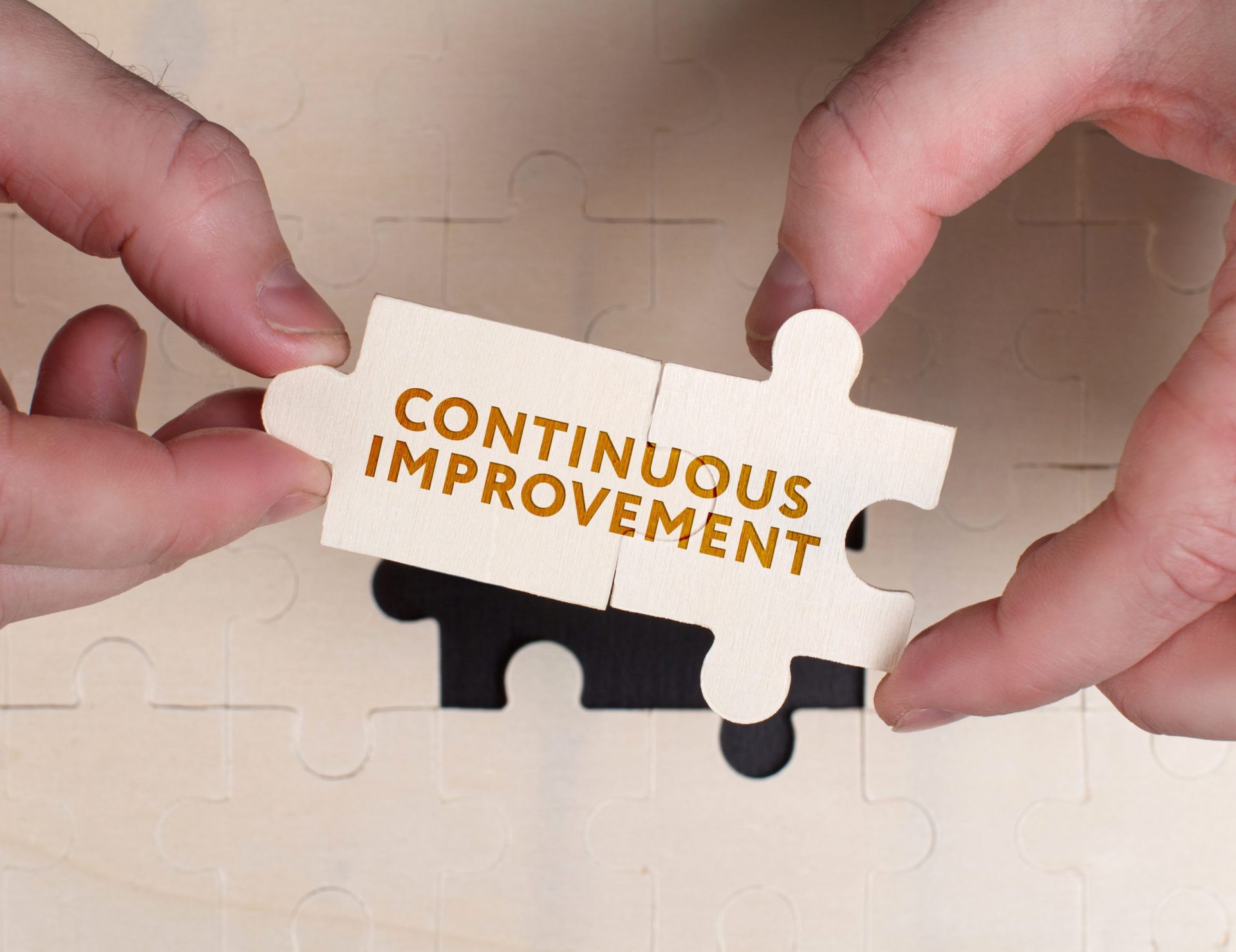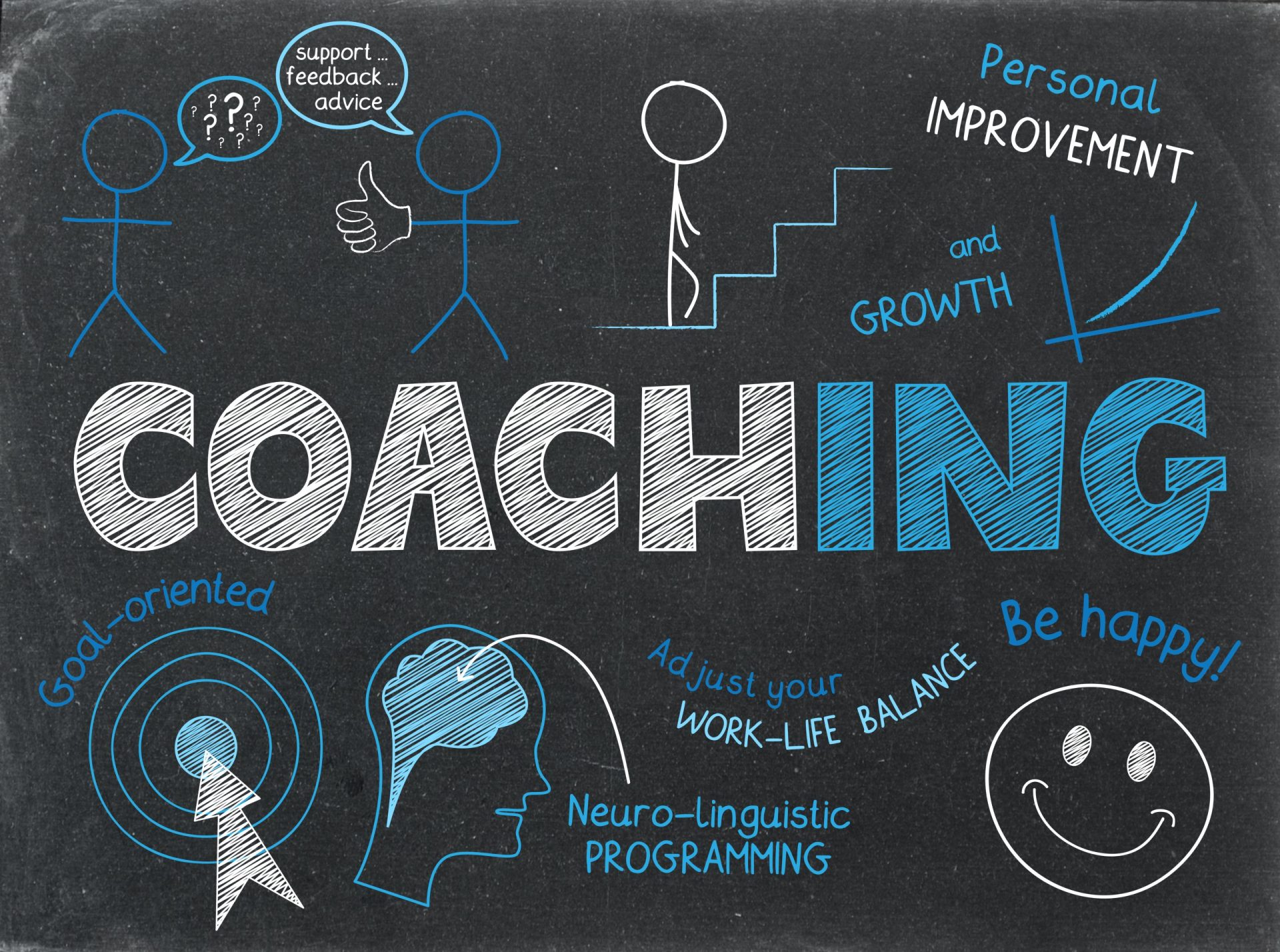1. The Power of Constant Improvement
2. The Role of Culture in Constant Improvement
Culture plays a pivotal role in shaping an organization’s values, behaviors, and overall mindset. In a small business, where every team member’s contributions are crucial, fostering a culture of constant improvement becomes even more vital. When employees are encouraged to embrace change, take risks, and challenge the status quo, they become more innovative and engaged. This culture empowers them to identify opportunities for improvement, share their ideas, and collaborate towards achieving common goals.
3. Tips for Cultivating a Culture of Constant Improvement
a) Leadership Commitment:
Building a culture of constant improvement starts from the top. Leaders must actively demonstrate their commitment to continuous learning and improvement. By sharing their own growth journeys and encouraging employees to do the same, they set an example for others to follow.
b) Clear Communication:
Consistent and transparent communication is crucial to foster a culture of improvement. Employees need to understand the goals, objectives, and reasons behind any changes or improvements. Regularly sharing updates, progress reports, and success stories helps create a sense of shared purpose and motivates everyone to contribute to the business’s growth.
c) Encourage Learning and Skill Development:
Small businesses should provide opportunities for employees to enhance their skills and knowledge. Offering training programs, workshops, or access to online learning platforms can help individuals upskill and stay relevant in their roles. When employees feel supported in their personal growth, they bring fresh perspectives and innovative ideas to the table. They also tend to stay longer with a company that encourages this sort of growth. If you are facing a problem with turnover, it may be because your employees don’t feel you care about their personal growth. I once heard an adage where a business owner said “What we if we pay to train our people and they leave?” The manager replied ” What if we don’t, and they stay”?
d) Celebrate Success and Failure:
Every improvement effort, regardless of its outcome, should be acknowledged and celebrated. Recognizing both successful initiatives and learning experiences from failures fosters a culture of continuous learning and growth. This practice encourages employees to experiment, take calculated risks, and learn from their mistakes without the fear of repercussions.
e) Collaboration and Feedback:
Building a culture of constant improvement requires collaboration and open feedback channels. Encourage cross-functional teams to work together, exchange ideas, and provide constructive feedback. This collaborative environment nurtures creativity, innovation, and a collective commitment to improvement.








